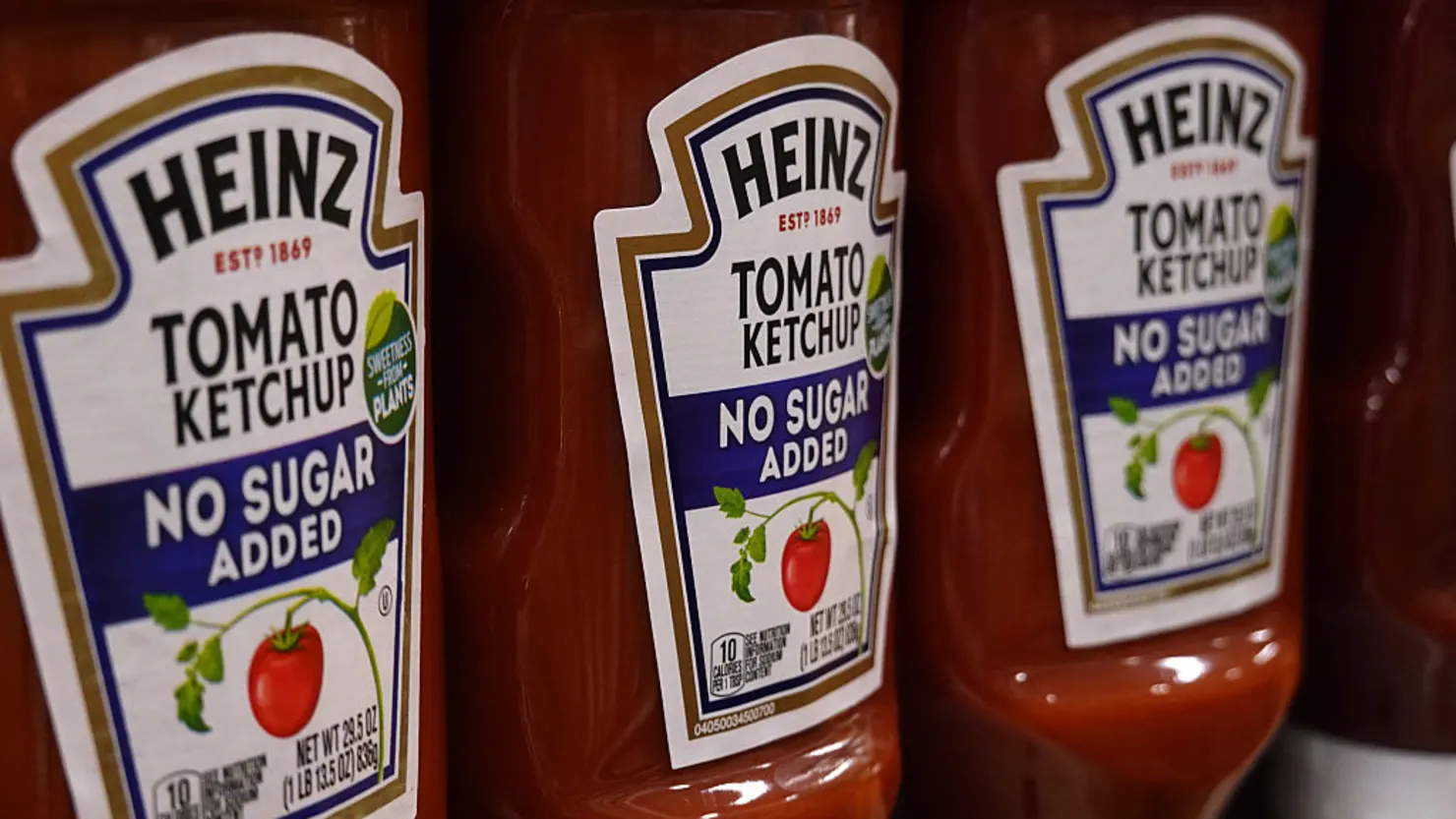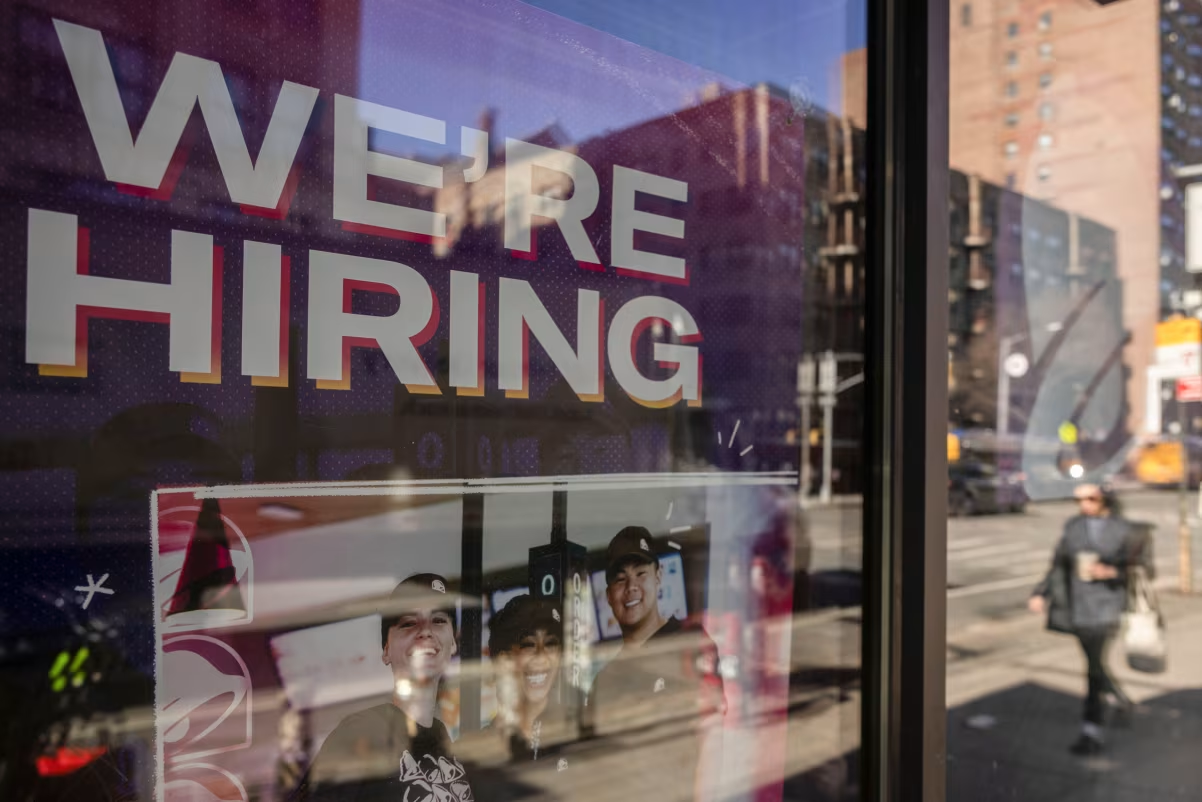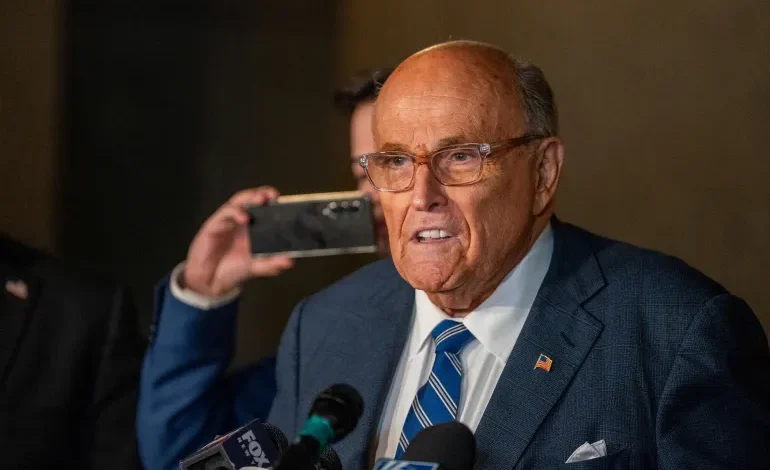United States President Donald Trump has issued a broad wave of pardons for loyalists tied to efforts to overturn the 2020 election, including Rudy Giuliani, Mark Meadows, and several of the “fake electors” who tried to keep him in power.
The late-Sunday announcement also covered conservative lawyers John Eastman and Kenneth Chesebro, both central to the scheme pressuring then-Vice President Mike Pence to block certification of Joe Biden’s victory.
While none of the recipients currently face federal convictions, Trump’s move is clearly preemptive. Several of those pardoned are under state-level indictment in Georgia and Arizona, where presidential pardons carry no legal weight.
In a proclamation shared by Department of Justice official Ed Martin, Trump claimed the pardons were meant to protect “patriotic Americans targeted for political reasons.” Martin said on social media that the so-called alternate electors and their allies “were persecuted simply for standing up to Biden’s machine.”
“There are many more Americans who Biden targeted. And we’re working to help them,” he wrote.
The document makes clear that Trump’s self-issued clemency does not apply to himself, a point many legal analysts expected.
At the heart of the controversy are the slates of “alternate electors” created by Trump’s campaign in 2020. The effort aimed to send rival electoral certificates from swing states that Biden won, hoping to create confusion when Congress met to certify results on January 6, 2021.
Multiple states have since brought criminal cases over the fake electors plot, alleging forgery and conspiracy to obstruct official proceedings.
Trump himself was indicted federally for his role in trying to overturn the election, though those charges were dismissed after he returned to the White House last year. He still faces a stalled prosecution in Georgia, where he was caught on tape urging officials to “find 11,780 votes.” That case has been in limbo since the lead prosecutor was disqualified over a personal relationship with a former aide.
Trump continues to insist he did nothing wrong, calling the investigations a “witch-hunt.”
After losing the 2020 election, Trump declared victory before counting finished, claimed the results were “rigged,” and encouraged supporters to “fight like hell.” The effort culminated in the storming of the US Capitol on January 6.
Upon retaking office on January 20 last year, Trump swiftly pardoned the rioters convicted in the assault — and this latest wave of clemency completes what many see as his attempt to erase the legal consequences of that entire chapter.









The latest news in your social feeds
Subscribe to our social media platforms to stay tuned